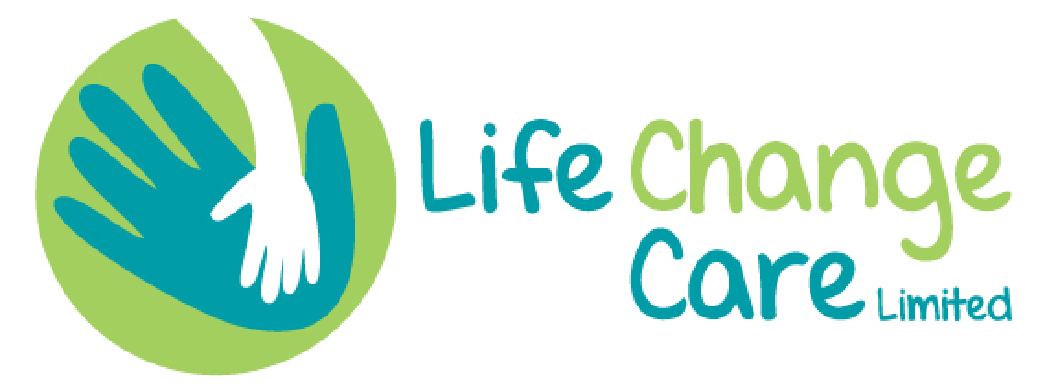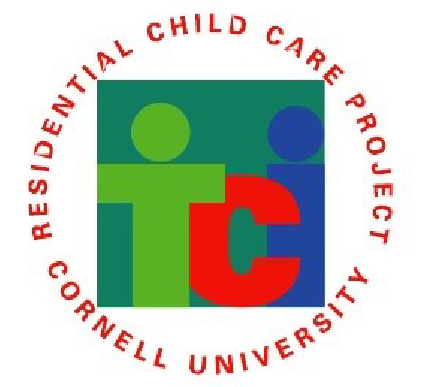
Every medication has the power to help but it also has the power to harm if not taken correctly or if someone has a serious side effect to it. But what are the most common side effects of medication?
What is a side effect?
A side effect is “a secondary, typically undesirable effect of a drug or medical treatment” (oxford dictionary).
Many types of medication have side effects that can occur after someone has taken them. The side effects experienced can be different for everyone – some could be mild and go away after a short time has passed, and some can be more serious.
What are some side effects?
Common side effects
Some common side effects that people experience can include:
- Nausea
- Constipation
- Dry mouth
- Vomiting
- Swelling
- Rash
- Drowsiness
- Diarrhoea
- Headache
- Anxiety
These side effects should subside within a few days, but it is always recommended that you seek medical advice if you are concerned.
Uncommon side effects
Some less common side effects that people experience can include:
- Unusual behaviour (for example, increased agitation, hyperactivity, aggression, or sedation)
- Unusual body movements (for example, drooling or difficulty swallowing)
- Fever
If any of these side effects occur, you should seek medical advice.
What to do if you are having a serious reaction to medication?
If you, or suspect somebody you know, is having a severe reaction to some medication, check if there is:
- Difficulty in breathing
- Reddening of skin or blotching
- A tingling sensation in the person’s lips
- Swelling to their lips, eyes, hands, face, and body
Dial 999 if you/they are experiencing these symptoms.
We recently published a new mandatory training course on medication to our online learning portal. It was developed for us by JSA Training.
JSA Training is part of JSA Psychotherapy, and provide training solutions for providers in the Care sector.





